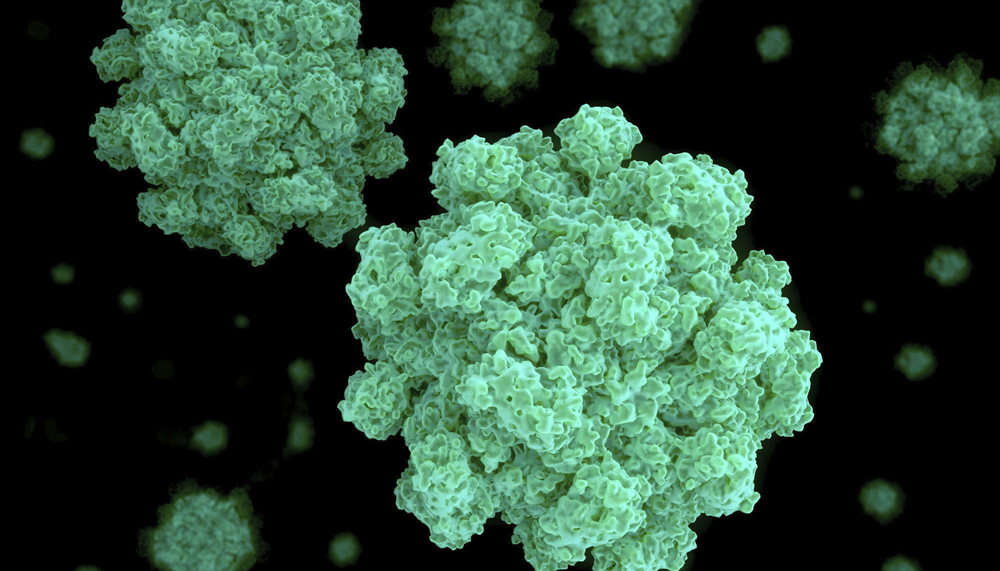Stopping norovirus in its tracks

Healthcare professionals must actively engage the general population in preventing norovirus outbreaks, says nurse Naomi Cook. By Amie Larter
University of NSW researchers last year discovered the highly contagious ‘Sydney 2032’ strain, which health experts predict could infect up to 400,000 Australians this winter.
This relatively new strain, to which very few people are immune, will spread quickly through closed areas like hospitals, restaurants, aged care facilities, office spaces and schools.
Cook, a mother of two, noticed the norovirus pandemic hitting the headlines back in January and could see that people around her had no idea on how infectious the virus was, or how to limit its spread.
Concerned, she started a community campaign ‘Stop Gastro Spread’ to educate community members and organisations on how we can all play an active role in reducing the spread of norovirus.
This led to Cook starting her own Nurse Naomi blog where she writes health and well-being articles.
Now she is ramping up the campaign, reminding doctors and nurses of state and national guidelines for the management of norovirus – so they can pass it on to local communities.
“The most obvious piece of information that I saw was lacking were the government guidelines of recommending a waiting period of 48 hours before returning back to work, day care and so on after gastro,” she said.
“If we as health professionals can encourage people to stay at home for 48 hours after the last symptoms of gastro … we can have a significant impact on reducing the spread of infection.
“Surely we have a chance of avoiding a massive epidemic if people just stick to the guidelines?”
Cook believes that looming on the horizon are bigger, more serious issues of antibiotic resistance, and the accelerated speed of infection across the world.
“Doctors and nurses are in a great position to educate, not only their patients but everyone around them, on the government recommendations.
“Its time we started practicing good old-fashioned methods of infection control, so that we are more prepared for these serious diseases that will most certainly impact upon us in our own lifetime.”
Cook suggests methods including handwashing, isolation, quarantine and most obsolete convalescence.
People only need 10-20 virus particles to contract the virus, millions of which are in just 1ml of vomit. Given the highly infectious nature of this virus, Cook encourages nurses to remember the following:
1. Norovirus particles are aerolised during a bout of vomiting or during a toilet flushing, thus there is a need for protective face gear if dealing with vomiting patients at work.
2. Hand washing is the best way to remove the germ from your hands, antimicrobial rubs can be a good hand wash but they may not actually kill the virus due to its external structures, so they don’t rely on that.
3. The only product that has been proven to inactivate norovirus is a bleach solution.
4. Be careful when handling sheets with vomit on in case you agitate virus particles. Wear protective face gear.
5. Check the ‘return back after gastro’ guidelines for your place of work. Internationally, 48 hours is the usual recommendation – however, some bodies ask for a 72-hour window, particularly if you are handling food.
Email: [email protected]




